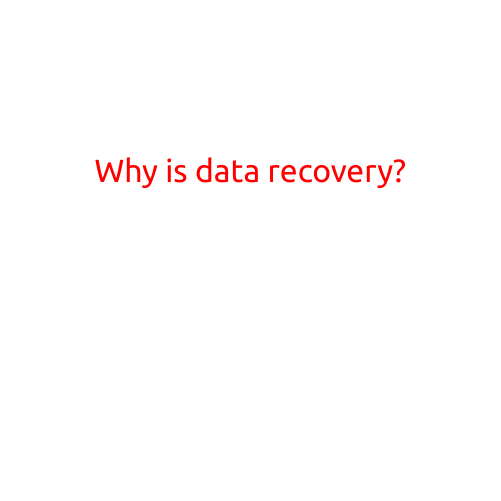
What are Online Privacy?
In today’s digital age, the internet has become an integral part of our daily lives. With the increasing use of social media, online transactions, and data sharing, the concept of online privacy has gained significant importance. Online privacy refers to the ability of an individual to control the collection, use, and disclosure of their personal data and online activities on the internet.
What Does Online Privacy Involve?
Online privacy involves several key aspects, including:
- Data Protection: Ensuring that personal data, such as names, addresses, and passwords, is collected, stored, and transmitted securely and in compliance with relevant laws and regulations.
- Data Handling: Controlling the way personal data is used, shared, and accessed by third parties, such as advertisers, governments, and hackers.
- Surveillance: Maintaining confidentiality and security of online communications, including emails, chats, and video calls.
- Access Control: Regulating who has access to personal data and online activities, including password protection and two-factor authentication.
- Data Retention: Ensuring that personal data is not retained for longer than necessary and is securely deleted when no longer needed.
Why is Online Privacy Important?
Online privacy is crucial because it protects individuals from various threats, including:
- Identity Theft: Protecting personal data from being stolen and used for fraudulent activities, such as credit card fraud and identity fraud.
- Data Breaches: Preventing unauthorized access to personal data stored Online.
- Government Surveillance: Protecting against government agencies and hackers who may be monitoring online activities.
- Commercial Exploitation: Preventing companies from collecting and using personal data without consent.
- Personal Harm: Protecting against online harassment, stalking, and cyberbullying.
Ways to Protect Online Privacy
Individuals can take several steps to protect their online privacy:
- Use Strong Passwords: Creating complex and unique passwords for each online account.
- Enable Two-Factor Authentication: Adding an additional layer of security, such as a code sent to your phone, to verify identity.
- Use a VPN: Utilizing a Virtual Private Network (VPN) to encrypt online traffic and protect privacy.
- Be Cautious with Online Forms: Only filling out forms that are necessary and avoiding sharing unnecessary personal information.
- Regularly Monitor Online Activities: Regularly checking online accounts and settings to ensure privacy is being protected.
- Use Privacy-Friendly Search Engines: Using search engines that prioritize user privacy, such as Tor and DuckDuckGo.
- Update Software and Operating Systems: Regularly updating software and operating systems to ensure the latest security patches are installed.
Conclusion
Online privacy is a vital aspect of our digital lives, and it is essential to understand its importance and take steps to protect it. By being aware of the threats to online privacy and taking appropriate measures, individuals can enjoy the benefits of the internet while maintaining control over their personal data and online activities.





